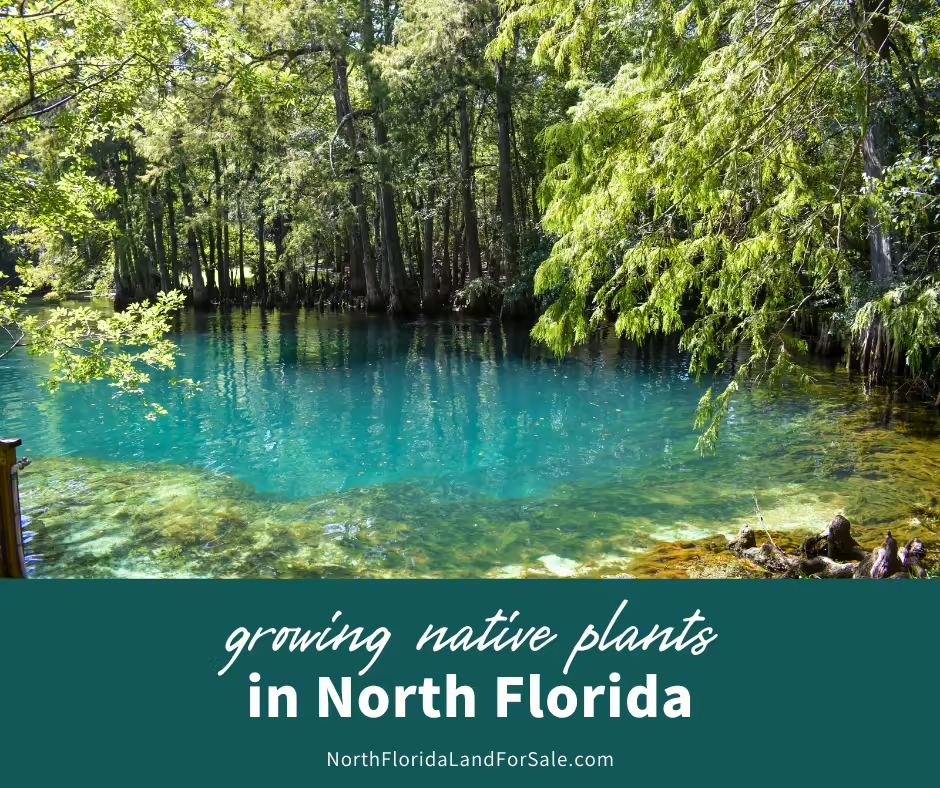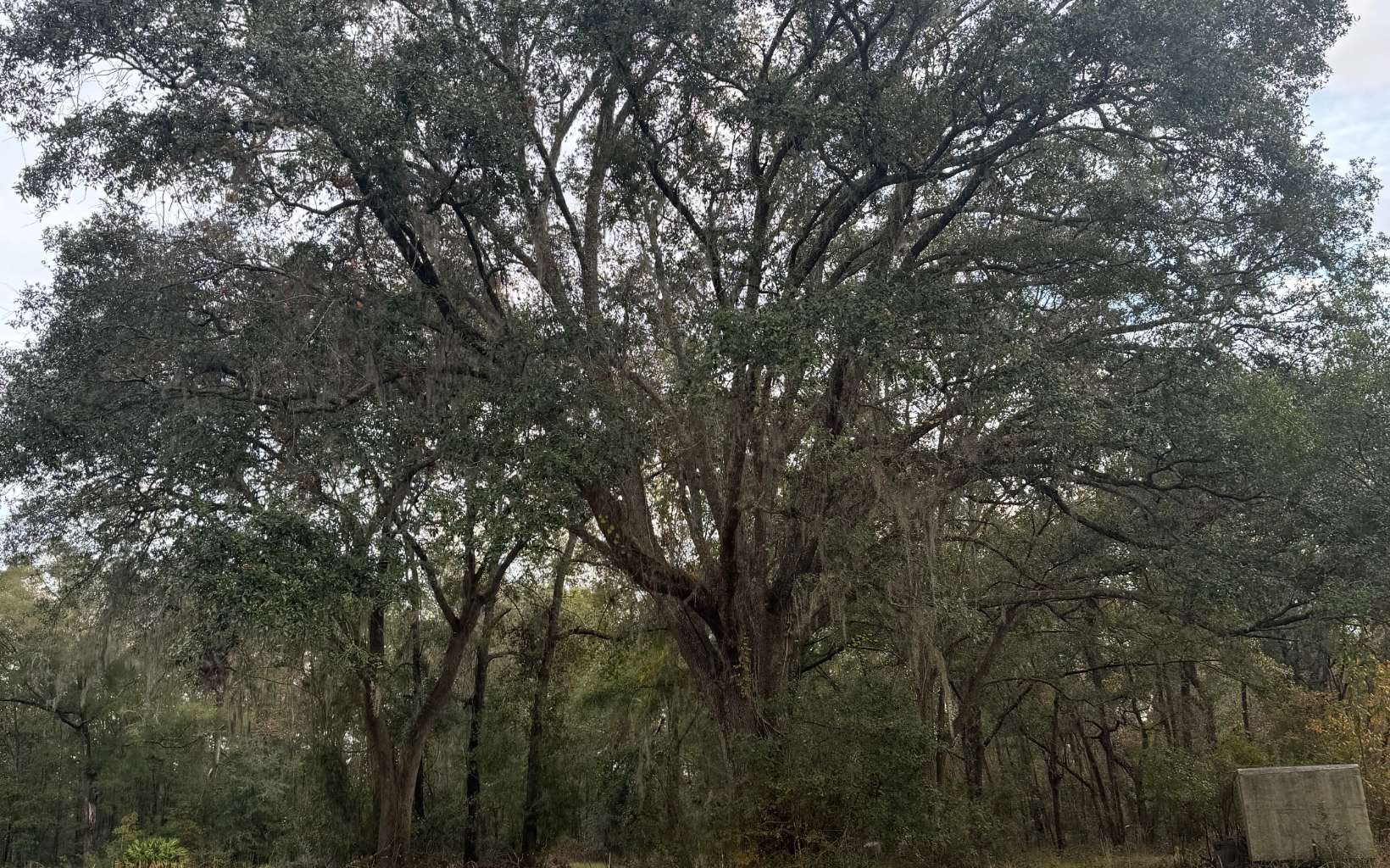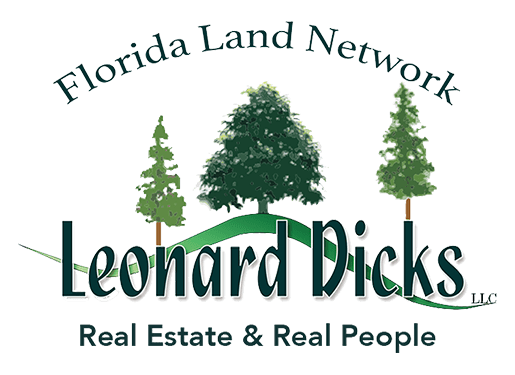
Growing native plants on your North Florida property is a rewarding way to enhance natural beauty, support wildlife, and create a low-maintenance landscape. North Florida’s native species are adapted to the region’s unique climate and soils, making them more resilient, water-efficient, and supportive of local ecosystems. This guide will walk you through the benefits of native plants, choosing the right species, and strategies for cultivating a thriving native plant garden.
The Benefits of Planting Natives in North Florida
Native plants offer several advantages for North Florida landowners, including reduced maintenance, enhanced wildlife habitats, and increased resistance to pests and diseases. Because they evolved within the region’s environment, native plants thrive with minimal intervention, making them ideal for sustainable landscaping.
- Reduced Water Usage: North Florida’s hot summers can demand high water use for non-native plants. However, native plants are well-adapted to local rainfall patterns, reducing the need for supplemental irrigation.
- Lower Maintenance: Once established, native plants generally require less fertilization, pruning, and pest control, as they’re naturally resilient to the region’s conditions.
- Wildlife Support: Native plants attract pollinators like bees, butterflies, and birds, creating essential habitats that help sustain North Florida’s biodiversity. By planting natives, you provide food, shelter, and breeding grounds for these beneficial species.
The Florida Native Plant Society offers an extensive list of native plant species suited to North Florida, which can be a helpful resource for landowners looking to incorporate natives into their landscape.
Selecting the Right Native Plants for Your Property
Choosing the right native plants for your North Florida property involves understanding the specific characteristics of your land, such as soil type, sunlight, and drainage. North Florida’s climate accommodates a variety of plant types, from flowering shrubs and groundcovers to trees and grasses, each offering unique benefits to your landscape.
- Flowering Plants: Native flowering plants like Black-Eyed Susan, Blanketflower, and Coreopsis add vibrant colors and attract pollinators. These species are drought-tolerant and thrive in sunny locations with well-drained soil.
- Shrubs: Shrubs like Beautyberry, Yaupon Holly, and Walter’s Viburnum provide year-round structure, berries, and blossoms that support wildlife. These shrubs are adaptable and grow well in both shaded and sunny areas.
- Trees: Native trees such as Southern Live Oak, Red Maple, and Longleaf Pine are well-suited for North Florida’s climate and add shade and stability to your landscape. Oaks and pines provide habitat for a range of animals, while Red Maple’s fall foliage adds seasonal color.
It’s beneficial to group plants based on their water and light needs, a strategy known as “hydrozoning.” By planting species with similar requirements together, you create micro-environments that make maintenance easier and more efficient.
Preparing the Soil for Native Plants
Native plants are generally adapted to North Florida’s soil conditions, which range from sandy to loamy, depending on location. However, enhancing the soil’s quality can still benefit plant health, especially for areas with compacted or depleted soil.
- Soil Testing: A soil test provides information on pH levels, nutrient deficiencies, and organic content. This is especially important in North Florida, where pH and soil composition vary. The University of Florida’s IFAS Extension offers soil testing services that help you identify the ideal conditions for planting natives.
- Adding Organic Matter: Incorporating compost or leaf litter improves soil structure, moisture retention, and nutrient content, which benefits new plantings. Organic matter supports soil microorganisms that enhance plant growth and health.
- Avoiding Fertilizers: Native plants generally don’t require synthetic fertilizers, as they’re adapted to thrive in the natural soil of North Florida. Adding fertilizer can sometimes encourage excessive growth and weaken plants’ natural defenses.
Planting and Establishing Your Native Landscape
Once you’ve chosen and prepared your site, it’s time to plant. Fall and early spring are ideal times for planting in North Florida, as these seasons provide cooler temperatures and regular rainfall, helping young plants establish strong root systems.
- Spacing: When planting, give each species adequate space based on its mature size. This prevents overcrowding and allows air circulation, which reduces susceptibility to disease.
- Mulching: Use a natural mulch like pine straw, bark, or shredded leaves around the base of plants. Mulch retains soil moisture, suppresses weeds, and adds organic matter as it breaks down. Avoid piling mulch directly against plant stems to prevent rot.
- Watering: Although native plants are drought-resistant once established, they’ll need regular watering during their first growing season. Water deeply and infrequently to encourage roots to grow deeper, creating more resilient plants. After establishment, you can reduce watering to align with the region’s natural rainfall.
Managing Pests Naturally with Integrated Pest Management (IPM)
One of the advantages of native plants is their resilience to local pests and diseases. However, occasional pest management may still be necessary. Integrated Pest Management (IPM) offers natural, eco-friendly strategies for dealing with pests while preserving the health of your native landscape.
- Encouraging Beneficial Insects: Many native plants attract beneficial insects like ladybugs, lacewings, and predatory wasps, which naturally control pest populations. Avoid pesticides that harm these beneficial species and allow the ecosystem to maintain balance.
- Hand-Picking and Pruning: For small infestations, hand-picking pests or pruning affected areas is often enough to prevent further spread. Regularly inspect plants for signs of damage, especially during peak growing seasons.
- Companion Planting: Some native plants repel specific pests or attract insects that prey on harmful species. For example, planting marigolds near vegetables can deter aphids. The UF/IFAS guide to companion planting provides recommendations for pairing plants to enhance pest resistance.
Creating a Pollinator-Friendly Habitat
Native plants are essential for creating a pollinator-friendly habitat that supports North Florida’s bees, butterflies, and birds. These pollinators play a crucial role in maintaining plant diversity and supporting local agriculture.
- Choosing Flowering Natives: Plant a variety of flowering native species that bloom at different times of the year to provide a continuous food source for pollinators. Options like Purple Coneflower, Goldenrod, and Milkweed attract butterflies and bees while adding seasonal color.
- Adding Water Sources: Pollinators need water, especially in hot months. Small birdbaths, shallow dishes, or a pond with rocks for perching provide accessible water sources. Be sure to clean water features regularly to prevent mosquitoes.
- Avoiding Chemical Pesticides: Chemical pesticides can harm pollinators. If pest control is necessary, consider organic options or IPM strategies that won’t disrupt beneficial insect populations.
Maintaining and Expanding Your Native Landscape
A native landscape requires less maintenance over time, but regular attention keeps it healthy and attractive. Weed control, occasional pruning, and replenishing mulch will ensure your native plants thrive.
- Weed Control: Regularly remove non-native or invasive weeds, as these can outcompete natives for nutrients and water. Mulching and planting ground covers help suppress weeds naturally.
- Pruning and Trimming: Periodic pruning improves airflow and plant shape, while deadheading flowering plants encourages new blooms. However, native plants require less pruning than many non-native ornamental species.
- Expanding with Propagation: Propagating native plants from seeds or cuttings is an economical way to expand your native landscape. Many North Florida natives, like Butterfly Weed and Goldenrod, are easy to grow from seed, allowing you to increase plant diversity over time.
Are You Buying a Home or Land for Sale in Lake City?
If you’re moving to Lake City, we can help you find the perfect place to live. Call us at 386-243-0124 to tell us what you want from your home and we will begin searching right away.
Check these out:
- Paved road frontage for sale in Columbia County
- Non-deed-restricted land for sale in Columbia County
- Wooded oak tree land for sale in Columbia County
- Land-for-land home combo in Lake City
- Waterfront residential in Lake City
- Waterfront land in Columbia County
- Bank-owned homes and foreclosure in Columbia County
- Short sales in Columbia County



